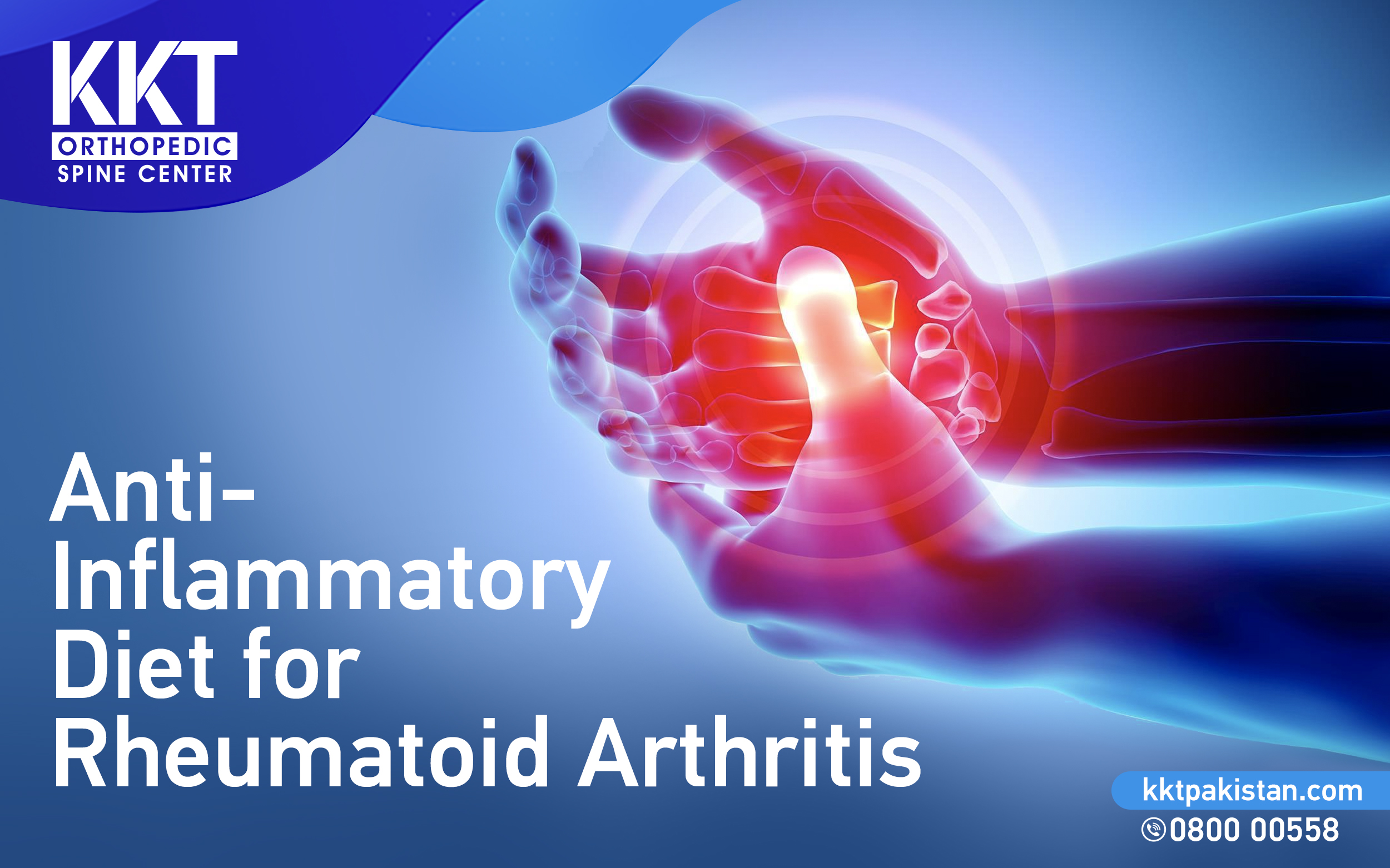According to some research, there are no such foods “categorized” as a diet for rheumatoid arthritis. However, there do exist some foods that play a vital role in improving the symptoms. One of the most common types of arthritis is associated with inflammation and pain in the joints, also known as RA. It is a condition in which your joints are attacked by your own immune system. The specific food or diet that can help the inflammation is also known as the Mediterranean diet. The fruits, vegetables, and food included in this diet contain antioxidants known for their ability to curb inflammation. Find rheumatoid arthritis food to avoid below.
Anti-inflammatory diet for Rheumatoid Arthritis:
The aim should be to maintain a healthy diet including:
- Fruits, vegetables, and grains make about two-thirds of your meal plate
- Limit your intake of sugar, saturated fats, and trans-fat.
Following is the list of elements that contribute to reducing inflammation in the body:
Antioxidants:
Antioxidants are known to reduce inflammation and may help in improving rheumatoid arthritis symptoms, they:
- Protect the tissue from damaging
- Prevent inflammatory responses to occur
Major sources of antioxidants include;
- Beans
- Fruits and vegetables like cherries, blueberries, strawberries, broccoli, kale, and onions.
- Olive oil
Fibers:
Intaking a high fiber diet is related to lowering body weight. It may also aid in reducing inflammation in your body. Following are food items rich in fibers:
- Nuts
- Beans (a low-cost fiber source)
- Whole grains
Omega 3-fatty acids:
Omega 3-fatty acids are known to have anti-inflammatory properties. They may also help with morning stiffness and pain related to RA. Some types of fish are rich in omega 3-fatty acids, for instance:
- Salmon
- Tuna
- Anchovies
- Sardines
- Other cold-water fishes
Apart from these, some other forms are also available in the market, like Omega-3 Fish Oil Capsules, etc.
Foods to avoid for Rheumatoid Arthritis:
Along with eating food items that help in reducing inflammation, not consuming food that causes inflammation is also important. Following are the foods that aid in inflammation:
- Red milk
- Dairy
- Corn oil
- Processed food
- Grilled or fried food
- Fast food
- Avoid salt and sugar
Introduction to Rheumatoid Arthritis:
RA is an autoimmune disorder meaning the immune system attacks your joints and may also affect other body parts. This joint condition affects the lining of your joints unlike Osteoarthritis (wear and tear of joints), resulting in painful swelling. Common symptoms of rheumatoid arthritis include:
- Joint pain
- Stiffness, swelling, and redness in the joints
- Stiffness occurs usually in the early morning or due to a sedentary lifestyle.
- Fatigue and poor appetite
- Fever
The most common joints affected by rheumatoid arthritis include fingers of the hand and the toes of the feet. Other commonly affected joints include:
- Wrist
- Knees
- Shoulders
- Elbows
Risk factors of Rheumatoid Arthritis:
Various factors may increase your risk of developing rheumatoid arthritis. following are risk factors of RA:
– Age:
The risk of rheumatoid arthritis is higher in middle age people however; it can begin at any age and develop over time. The highest risk of RA is among people 60 or above.
– Gender:
Men are less likely to develop rheumatoid arthritis compared to women. According to CDC, cases among women are “two to three” times higher than men.
Along with this, women who have never given birth also have a higher risk of developing rheumatoid arthritis.
– Weight:
Obesity and overweight are also linked to development and increased risk of rheumatoid arthritis.
– Genetics or family history:
People born with HLA ((human leukocyte antigen)) class II genotypes can make rheumatoid arthritis worse. The risk of RA is high if anyone with the mentioned genes is exposed to environmental factors like smoking.
– Smoking:
Several types of research and studies show that smoking increases the risk of developing arthritis. It may also worsen the disease or condition.
Why KKT?
KKT Orthopedic Spine Center offers a revolutionary, non-surgical Canadian Technology treatment. The primary focus of KKT Treatment is to diagnose and treat patients suffering from spinal ailments. KKT treatment has a 93% of success rate with no known major side effects. Book your appointment with KKT Orthopedic Consultants in Lahore, Karachi, Rawalpindi, and other operational centers across Pakistan.
For further details, you can also get in touch with us through our patient-care line. One of our representatives will guide you to the best of their ability.
Phone: 0800-00-558

